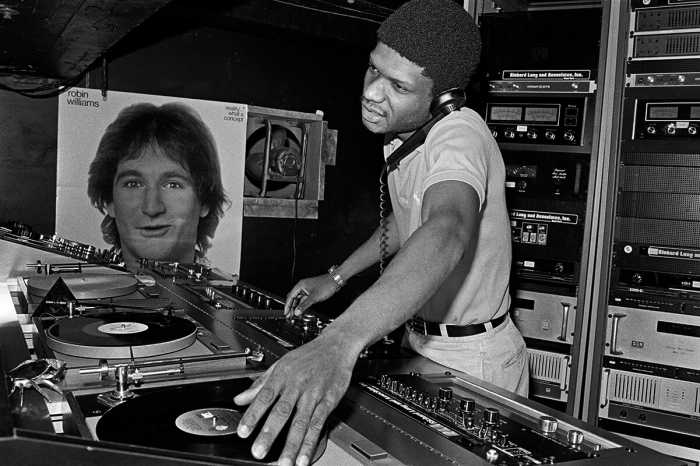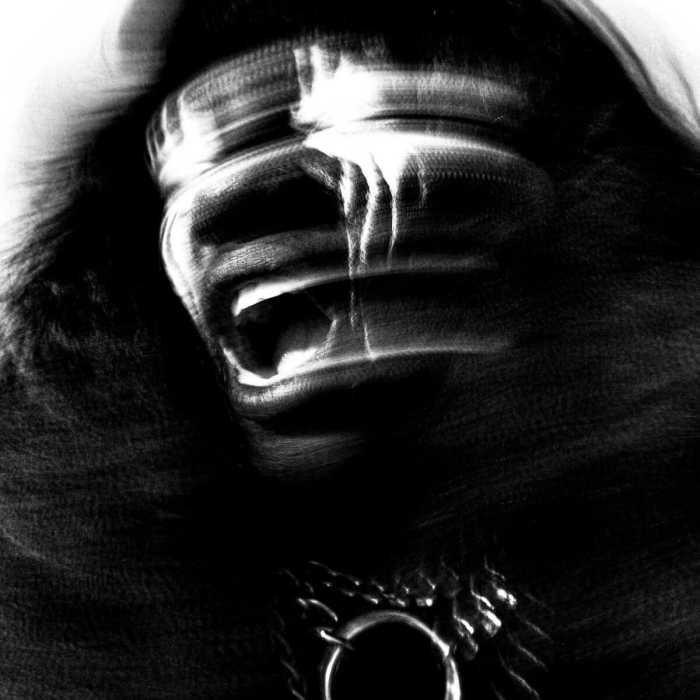In our latest queer music roundup, Gay City News takes a look at Syd’s smooth R&B, 700 Bliss’ experimental hip-hop, and Gloria Groove, a Brazilian drag queen who’s unknown in the U.S.
Syd | “Broken Hearts Club” | Columbia Records
It feels like the hip-hop collective Odd Future rose to prominence much longer than a decade ago. They’ve cast a long shadow over the hip-hop, R&B, and pop music of the past 10 years. Although Odd Future’s biggest stars Tyler, the Creator and Frank Ocean later started speaking in and out of their music about being attracted to men and women (without putting a label on their sexuality), the group’s early music was marked by a bratty homophobia and misogyny. Their DJ and founder of the group the Internet, Syd was always openly lesbian (Tyler’s first hit “Yonkers” jokes about her sexual orientation, at a time when hardly anyone knew who she was), but she was tainted by association, with the Internet’s video “Cocaine” receiving backlash over a storyline in which she abandons her girlfriend, struggling with a bad drug experience at an amusement park.
Tyler and former Odd Future member Earl Sweatshirt’s recent music is much more thoughtful and mature than anyone would have guessed from the mixtapes they released as teens. Similarly, Syd’s second solo album, “Broken Hearts Club,” is her most mature and tender work yet. A recent breakup inspired her songwriting. Her vocals are breathy throughout, as Syd sings at the top of her range. Her singing is restrained, even casual, and the music is often equally relaxed. (On “Out Loud,” she duets with fellow lesbian singer Kehlani, representing the other partner in her relationship.) The opening song turns “could you break a heart?” into an acronym, asking a question answered in the affirmative on the rest of the album.
Harkening back to quiet storm R&B, “Broken Hearts Club” does play into so much recent pop music’s tendency to express strong emotion in a subdued tone, but if you delve beneath its surface, it asks ongoing questions about the nature of a relationship. It could function well as background music in a café, but the undertones of growing disenchantment are unmistakable. Syd’s casual, near-ASMR approach to singing hints at a disassociation from the sadness of her lyrics. “BMHWO” (another acronym: “bust my heart wide open”) uses her voice as one element in a thick, soupy mix. As “Broken Hearts Club” develops, she tells her former partner “you’re missing out” while admitting “As far as I can see, you and me could never be/’Cause we didn’t spend the proper time tryna work it out/I hope you findin’ what you need or what you seek.” Breakup albums frequently express intense emotions in a manner that makes the singer sound like a bitter jerk. Syd keeps a healthier perspective here.
Gloria Groove | “Lady Leste” | SB Entertainment
The drag persona of Daniel Garcia (a gay non-binary person), Gloria Groove is a star in Brazil, with a career going back to performing in a boy band at age seven and reality TV appearances, but our own appetite for Latin pop hasn’t yet extended to them (even if out Brazilian singers Anitta and Pablo Vittar are starting to find a U.S, audience.) Their 2021 single “Bonekinha” was quite an introduction. Its production is reminiscent of the eccentric and futuristic work of Timbaland, Missy Elliott, and the Neptunes, with electric guitar, drumming on metal and a chorus shouted by children. Her second album, “Lady Leste,” includes it, while showing the range of their music. In fact, the title suggests the split of her personality, into a mellow, “ladylike” side and a harder version.
“Lady Leste” incorporates seven guest vocal features, without any English-language bids for international crossover hits. Groove’s style is based in baile funk, a raw Brazilian version of hip-hop, but they perform in many rhythms. They’re fond of harsh, crunching percussion which could be a sample of drumming on a pipe or garbage can, while the album begins and ends with guitar. Groove’s favorite ground may be a swaggering mix of pop and hip-hop, but they add unusual touches. “Jogo Perigoso” mixes reggaetón with Middle Eastern instrumentation. Not all the genre-hopping works: “Sobrevivi” is a sterile, overly slick rock song, while the bland ballad “Tua Indecisao” hides her personality. But language barriers be damned — Groove’s charisma shines through on songs like “Bonekinha” and “A Queda.” Given a shot, this album could fill a dance floor anywhere.
700 Bliss | “Nothing to Declare” | Hyperdub | May 27
Queer vocalist and poet Moor Mother wears many hats, fronting the punk band Moor Jewelry, declaiming her words over the free jazz of Irreversible Entaglements and working as a duo with rapper billy woods. The second album by her latest project, 700 Bliss, continues to explore the liberating possibilities of hip-hop. It’s more playful than her music usually runs. The group, which also includes queer vocalist/producer DJ Haram, even devotes a skit to self-mockery: “they always talk about the end of the world…it’s just so dark. Literally, who wants to hear that s**t?”
Moor Mother’s deep, androgynous voice is 700 Bliss’ cornerstone. She, DJ Haram and their many guests pitch-shift their voices to sound like a large community, distorting themselves into hyperpop gremlins. On “Totally Spies,” Lafwandah sings in an impossibly high, crackling soprano.
The title track best shows off the group’s sense of humor, with references to Philadelphia cheese steaks and deliberately goofy ad-libs. (Reclaiming the slur, the group also refers to themselves as “700 bitches.”) The album finds a delicate balance between wit, leftist politics and somber introspection. 700 Bliss boasts in a spirit of friendly competition and throws out references to songs like Korn’s “Freak on a Leash,” the Luniz’ “I Got 5 on It,” and Mobb Deep’s “Shook Ones Pt. II.” But their serious side gets more play. “Anthology” pays sober tribute to the tradition of dance in the African diaspora. “Discipline” attacks the power of billionaires to engage in “psychological warfare.”
Musically, 700 Bliss stands out for their use of quick fills on the darbruka, an Arabic hand drum, alongside programmed beats. (Palestinian producer Muqata’a worked on “Candace Parker.”) The album places trap music’s hi-hat runs against live percussion. 700 Bliss really excels at sound design. The bass on “Bless Grips” and “Discipline” threatens to make speakers crackle, while “Capitol” uses squealing electronics and shouted vocals from guest Alli Logout. The music is spacious, with vocals carefully mixed to leave room for percussion and electronics. 700 Bliss finds unlimited potential in their partial embrace of genre.



































